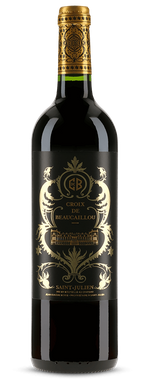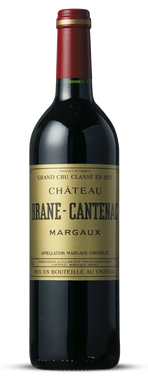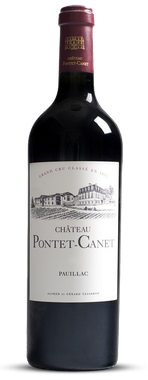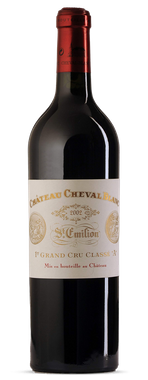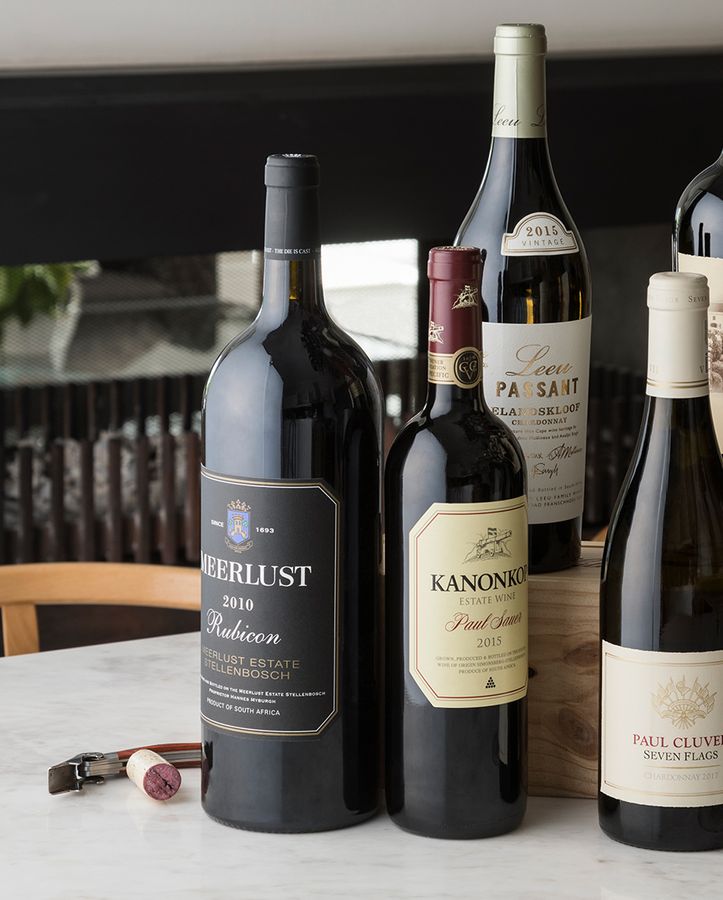His defining characteristic being his preference for Châteaux that have moved away from the ‘Parkerised’ era of artificially ‘BIG’ wines, and the infamous 100 Point system, steering a new, more serene course, in keeping with the natural environment and back to more traditional viticultural and winemaking practices. His portfolio is imported to South Africa by leading French importer RADFORD DALE IMPORTS.
- Alex Dale of Radford Dale Imports on Mathieu Blanvillain
Among this latest selection of imported wines, the vast majority are either already certified organic, in the process of, or experimenting with it. Alfred Tesseron, proprietor of Château Pontet-Canet, can be proud of what they have already achieved. With Estate Manager Jean-Michel Comme, they have pioneered organic and biodynamic viticulture in the region. Château Pontet-Canet was the very first Cru Classé in the Médoc to be certified organic and biodynamic from their 2010 vintage.
Since 2008, Alfred Tesseron has also reintroduced horse-drawn ploughs to work the soil. One can very clearly see the reflection of this ethos in his wines, since moving away from ‘modern chemical methods’.
In keeping with this philosophy, many of the Châteaux recently imported by RADFORD DALE have been either organic or biodynamic for decades, such as Domaine de Viaud in Lalande de Pomerol, their neighbours in Saint Emilion and Castillon, Château Mangot and Château La Brande as well as Château Brane-Cantenac in Margaux, although the formal accreditation procedures for the latter have only recently been undertaken. Such producers have instinctively followed organic viticultural methods for many years, even decades, without applying for formal accreditation status, only requesting it now, due to customer demand.
The official period required for conversion to organic status in France is 4 years. Certain producers prefer to first experiment with a portion of their vineyards to monitor the impact on quality and style before taking the full jump, such as Château La Dominique, Grand Cru Classé in Saint-Emilion. This Estate is sandwiched directly between mega-stars Château Cheval Blanc and L’Evangile in Pomerol, and has initiated trials on almost 10 hectares of the property and intend to grow that over the coming years.
The wines produced by the Châteaux recently imported by RADFORD DALE possess a common thread of a return to traditional terroir-driven philosophy. Bordeaux lost its way for an entire generation, pursuing points, stardom and riches and is only now realising the stark reality of its Faustian pact: it sold its soul at the very time Burgundy and other more down-to-earth regions took the lead with organic and biodynamic viticulture. Our selection is dominated by like-minded producers from many regions of the wine world, making the addition of such fantastic Bordeaux wines entirely coherent and enviable.
The excitement of these newly imported wines is further enhanced by the inclusion of some of the great classics from Pauillac and Pessac-Léognan such as Château Grand Puy Lacoste and La Chapelle de La Mission Haut-Brion, as well as innovative and incredibly well-priced producers such as Château Mangot with its fabulous, specially-labelled ‘Todeschini’.
